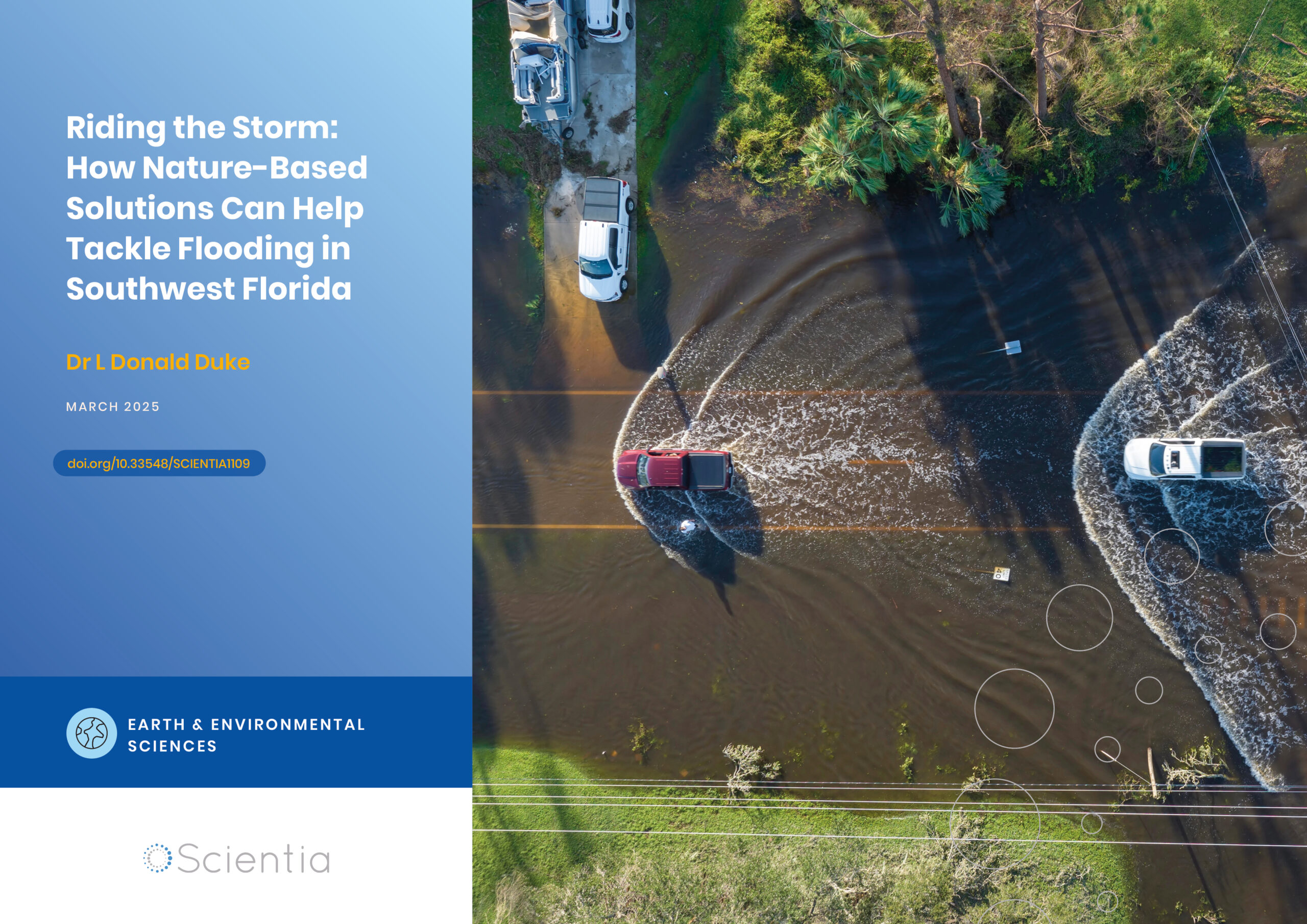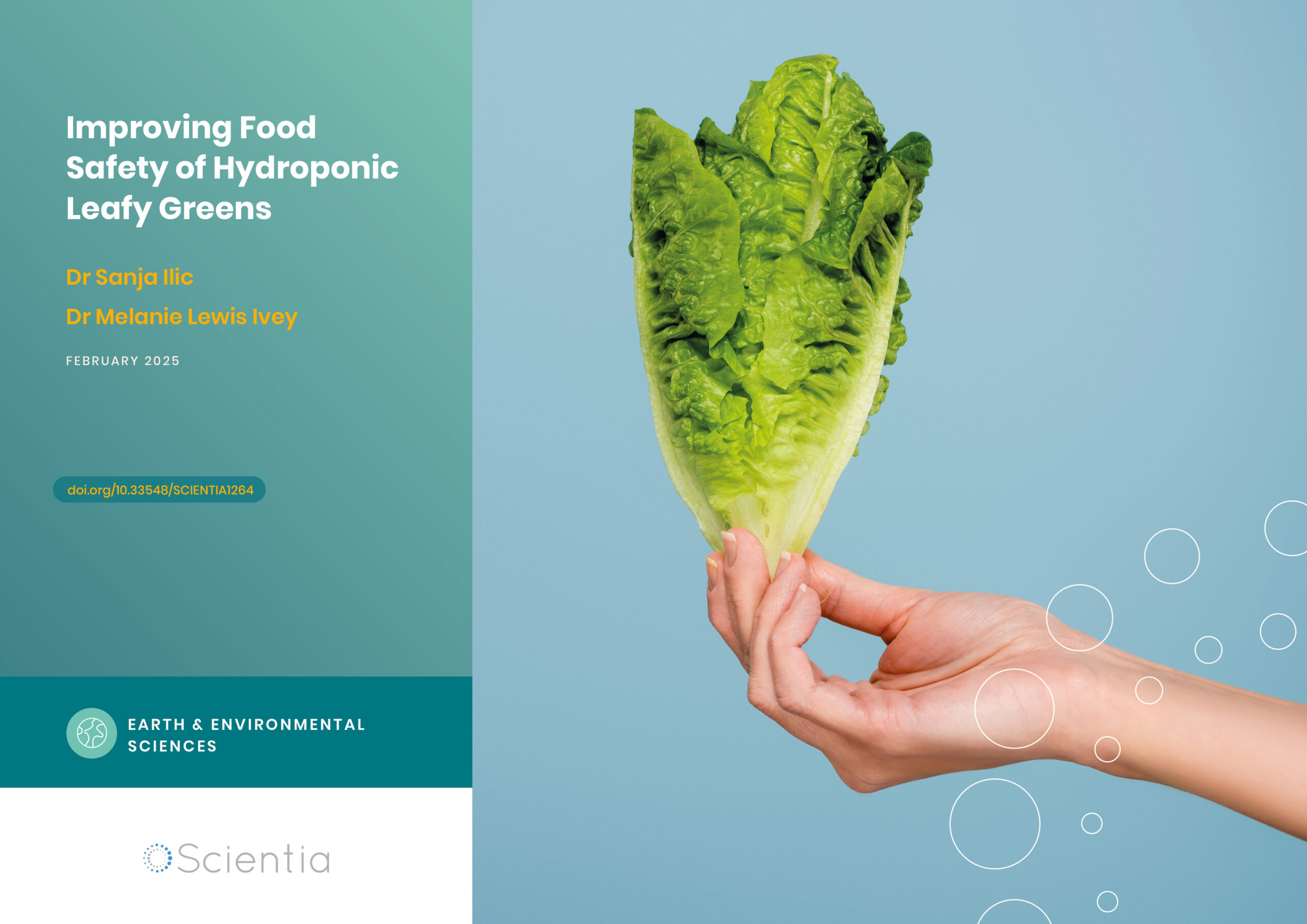Professor Nuno Luis Madureira | Fuel Change: Riddles, Paradoxes and Enigmas in Energy Transitions
Throughout history, we have relied on many different energy sources. Initially, wood was used for heating and cooking; as industry grew, we moved to fossil fuels; and the scientific advances of the 20th century allowed us to harness sources such as nuclear, solar and tidal energy. The transition from one fuel type to another has led to the identification of some intriguing paradoxes. Professor Nuno Luis Madureira from the University Institute of Lisbon studies these transitions and is shedding light on this fascinating subject.
Paradoxical Progression
The forward march of technology is not without its unexpected deviations and unforeseen problems, and the story of energy transitions is no different. The journey from using branches to fuel fires keeping early hunter-gatherers warm on cold nights, to nuclear power stations providing electricity to millions of homes is one example of the many technological advancements and transitions undertaken in the course of humanity.
The main factor allowing the efficient harnessing of a new energy source is advancing technology, with new ‘green’ options such as solar, wind and tidal sources being the focal point of much current research. However, the transition from one energy source to another may not be as smooth as one might expect. Professor Nuno Luis Madureira from the University Institute of Lisbon in Portugal studies the paradoxes and counterintuitive events that can occur surrounding energy technology. His research provides a set of intriguing lessons from the past, and illustrates some of the pitfalls that can occur if we’re not careful in the future.
Efficiency and Consumption
Professor Madureira’s first example is the Jevons paradox. The English economist William Stanley Jevons noted in 1865 that as the production of energy from coal got more efficient, people made use of less coal but the total demand continued to rise. Jevons highlighted two potential mechanisms underpinning this paradox. Firstly, as the efficiency of energy extraction increases, the cost of each unit of energy decreases. This cheaper energy is now affordable by more individuals and industries, and the total demand for fuel will increase. The second potential mechanism is that as energy is cheaper, less of people’s money has to be spent on it, leaving them with more disposable income that will then be spent on goods and services, increasing the demand on industries which will require more energy to keep up.
The current definition of the Jevons paradox is that ‘with fixed real energy prices, energy-efficiency gains will increase energy consumption above what it would be without these gains’. Professor Madureira explains that the Jevons paradox is a useful warning when adopting new energy technologies, especially when the resources are non-renewable, as the increased demand can lead to unexpected problems such as shortages and resource exhaustion. The impact of societal effects should therefore be considered before the adoption of a new, seemingly better, technology.

Destruction and Conservation
Nuclear energy is one of the most controversial energy sources, bringing with it a clear potential for disaster if not properly utilised. However, the development of this energy source from its beginnings as a weapon neatly highlights Professor Madureira’s ‘destruction paradox’. Professor Madureira reports that nuclear testing has had lasting benefits for our understanding of the natural world and how ‘technologies prone to destroy the planet also fostered its conservation’.
This paradoxical path began with the unexpected reach of radioactive fallout from the Pacific island nuclear tests shocking the public, who demanded better information on nuclear weapons. As a result, the US Atomic Energy Commission was ordered to carefully analyse the effects of nuclear weapons on the environment.
In the 1950s, the Odum brothers were working with the AEC on a study of Eniwetok atoll in Micronesia, studying the path and concentrations of radioactive isotopes through the environment. It was here that they first put forwards a new theory about how energy and nutrients move through ecosystems, explaining how flora and fauna transfer energy through a food web, and laying the foundation for the modern understanding of ecosystems. Finally, the technological advances accompanying nuclear research gave scientists new tools to track radiological isotopes through food webs and track these energy transfers. Technologies prone to destroy the planet also fostered its conservation. Professor Madureira highlights that greater environmental awareness, understanding, and technology would not have developed without the initial destruction caused by nuclear weapons.
It’s Not Easy Being Green
Renewable sources of energy seem to be the answer to the Jevons paradox – the increased demand for fuel is easy to provide when the resource appears limitless. Additionally, harvesting renewables such as wind and solar energy does not produce hazardous waste, unlike nuclear or fossil fuels. However, Professor Madureira warns that there is a paradox that should be carefully considered before leaping headfirst into a full-scale transition to green energy.
Professor Madureira’s paradox is that limitless potential energy can, in effect, run out. As many green energy technologies require rare materials, such as indium and gallium in photovoltaic cells, there are limits on the number of generators we can build. Additionally, as these materials become rarer, the economic and environmental cost of extracting them rises: more energy is needed to produce energy. Finally, Professor Madureira draws attention to the fact that renewable energies are often only cost-effective in certain locations, and that these will eventually all be utilised. The energy from wind, solar, and tidal may be functionally limitless, but the materials to build and the locations to place cost-effective generators certainly are not.
However, Professor Madureira is keen to point out that these paradoxes should not prevent the move to renewables; rather it is vitally important to think carefully about the continued growth in demand for energy and how that can be managed. He explains that the energy paradoxes of efficiency increasing consumption; destruction enabling conservation; and the limitations on limitless energy, can all be learned from by examining both the societal and technological driving forces. By learning from the past, and planning before we leap, we can avoid many of these potential traps in the years to come.
SHARE
DOWNLOAD E-BOOK
REFERENCE
https://doi.org/10.33548/SCIENTIA898
MEET THE RESEARCHER

Professor Nuno Luis Madureira
University Institute of Lisbon
Lisbon
Portugal
Professor Nuno Luis Madureira is a current full professor at the University Institute of Lisbon (Instituto Universitario de Lisboa) in Portugal. His far-ranging work covers the fields of economic, contemporary energy and environmental history. Professor Madureira has a large body of academic papers to his name, having published in a wide range of academic journals including the Business History Review, Frontiers in Energy Research, and Energy Policy. Additionally, he has contributed chapters to encyclopaedias and written his own books, including ‘Key Concepts in Energy’, published in 2014. Professor Madureira has been an active contributor to several research bodies and committees over the course of his career, including the Foundation for Dutch Scientific Research Institutes and the European Science Foundation as well as being a visiting scholar at Harvard University and the University of California Berkeley.
CONTACT
E: nuno.madureira@iscte-iul.pt
W: https://nunoluismadureira.wordpress.com/
FUNDING
Fundação para a Ciência e a Tecnologia
R&D Unit UIDB/03126/2020
FURTHER READING
NL Madureira, Energy Paradoxes, Frontiers in Energy Research, 2021, 09, 686140. DOI: https://doi.org/10.3389/fenrg.2021.686140

REPUBLISH OUR ARTICLES
We encourage all formats of sharing and republishing of our articles. Whether you want to host on your website, publication or blog, we welcome this. Find out more
Creative Commons Licence (CC BY 4.0)
This work is licensed under a Creative Commons Attribution 4.0 International License. 
What does this mean?
Share: You can copy and redistribute the material in any medium or format
Adapt: You can change, and build upon the material for any purpose, even commercially.
Credit: You must give appropriate credit, provide a link to the license, and indicate if changes were made.
SUBSCRIBE NOW
Follow Us
MORE ARTICLES YOU MAY LIKE
Dr Mojtaba Enayati | Turning Trash into Treasure: Recycling PET Waste with Catalysts from PET Labels
Plastic pollution has become a critical environmental problem, with polyethylene terephthalate (PET) plastic widely used in food and beverage packaging being a major contributor. Dr Mojtaba Enayati from Troy University’s Center for Materials and Manufacturing Sciences (CMMS) is leading innovative research aimed at utilising the labels from PET water bottles as an environmentally friendly and cost-effective catalyst for chemically recycling PET waste into valuable monomers and other value-added materials. This innovative work provides an elegant solution for recycling PET by sourcing key components from the PET bottles themselves.
Dr Ottaviano Rüsch | Thermal Cycling and Dust Dynamics: Shaping Rocky Lunar Landscapes
The Moon’s airless surface is constantly bombarded by micrometeoroids, cosmic rays, and extreme temperature swings. These harsh conditions gradually break down rocks and create the fine-grained lunar soil known as regolith. Dr Markus Patzek and Dr Ottaviano Rüsch at the University of Münster are leading a team of researchers (known as the Precious Space Team) who are uncovering new details about how different types of lunar rocks respond to thermal stress and how dust behaves on boulder surfaces. Their work sheds light on the complex processes that shape airless planetary bodies over time.
Dr L Donald Duke | Riding the Storm: How Nature-Based Solutions Can Help Tackle Flooding in Southwest Florida
Florida grapples with mounting challenges related to inland flooding due to heavy precipitation, along with coastal flooding from rising sea levels and coastal storms. One important approach to address precipitation-originating flooding is to embrace land use practices runoff management in the upstream portions of at-risk watersheds, where sustainable design can relieve the pressures on drainage systems from continuing dense urban development in the low-lying Florida landscape. Dr L Donald Duke, from The Water School at Florida Gulf Coast University, plays a pivotal role in this endeavour. His work encompasses creating and evaluating flood-resilient land use practices and planning to manage stormwater runoff on the watershed scale.
Improving Food Safety of Hydroponic Leafy Greens
Hydroponic farming is experiencing rapid growth worldwide, offering a sustainable and efficient method of producing fresh, nutrient-rich crops. However, the unique conditions of hydroponic systems also present complex food safety challenges. Dr Sanja Ilic and Dr Melanie Lewis Ivey, researchers at The Ohio State University, are at the forefront of efforts to understand and mitigate the risks of human pathogen contamination in commercial hydroponic production. Their pioneering work is providing crucial insights and practical guidance to help ensure the safety and nutritional value of hydroponically grown leafy greens.





